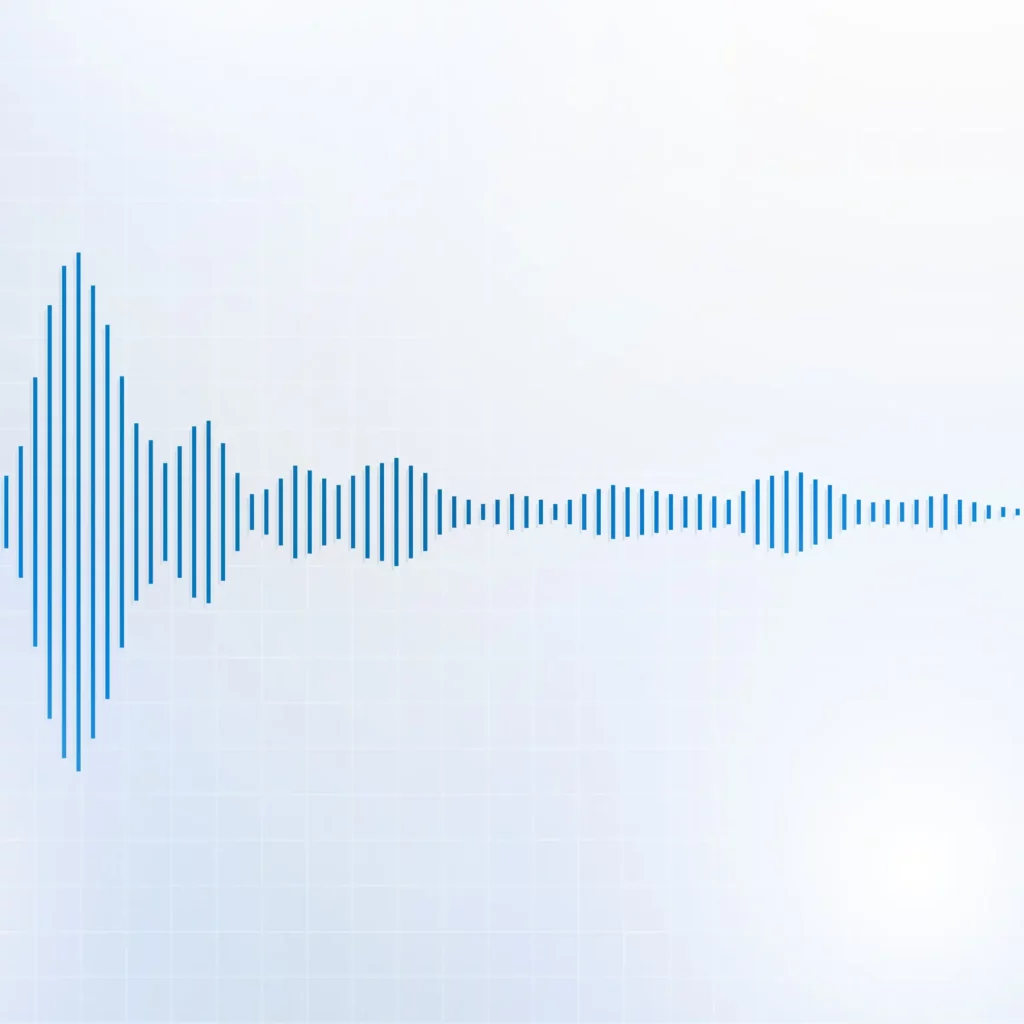
The “subjunctive” is a grammatical mood used to express various states of unreality, such as doubt, hypothetical situations, wishes, suggestions, or recommendations. It often involves a change in the verb form, and its usage is distinct from the indicative mood, which is used for stating facts or making direct statements.
Key Points about the Subjunctive:
- Forms of the Subjunctive: In English, the subjunctive mood is most noticeable in the conjugation of verbs. The base form (infinitive) is often used for regular verbs, while irregular verbs may have specific subjunctive forms.
Example: It is important that she be on time. (Subjunctive form of the verb “to be”) - Use in Expressing Hypotheticals: The subjunctive is commonly used in if-clauses expressing hypothetical or unreal conditions.
Example: If I were a bird, I would fly. - Use in Expressing Wishes: The subjunctive expresses wishes, desires, or hopes.
Example: I wish she were here. - Use in Recommendations and Suggestions: The subjunctive is often used to express advice, recommendations, or suggestions.
Example: It is necessary that you study for the exam. - Use in Formal Statements: The subjunctive is sometimes used in formal statements or declarations to convey a sense of importance or formality.
Example: The committee recommends that he attend the meeting. - Subjunctive Nouns: Certain expressions, often introduced by words like “essential,” “important,” or “necessary,” can trigger the use of the subjunctive.
Example: It is crucial that everyone be aware of the rules. - Consistency in Pronouns: The subjunctive mood is not affected by the subject’s person; the verb’s form remains the same regardless of whether the subject is first, second, or third person.
Example: It is important that I be there. (First person)
Example: It is important that you be there. (Second person)
Example: It is important that he be there. (Third person)
Understanding the subjunctive mood is essential for conveying shades of meaning related to uncertainty, doubt, or unreal situations. While its use may be less common in everyday spoken English, it is often employed in more formal or written contexts.






